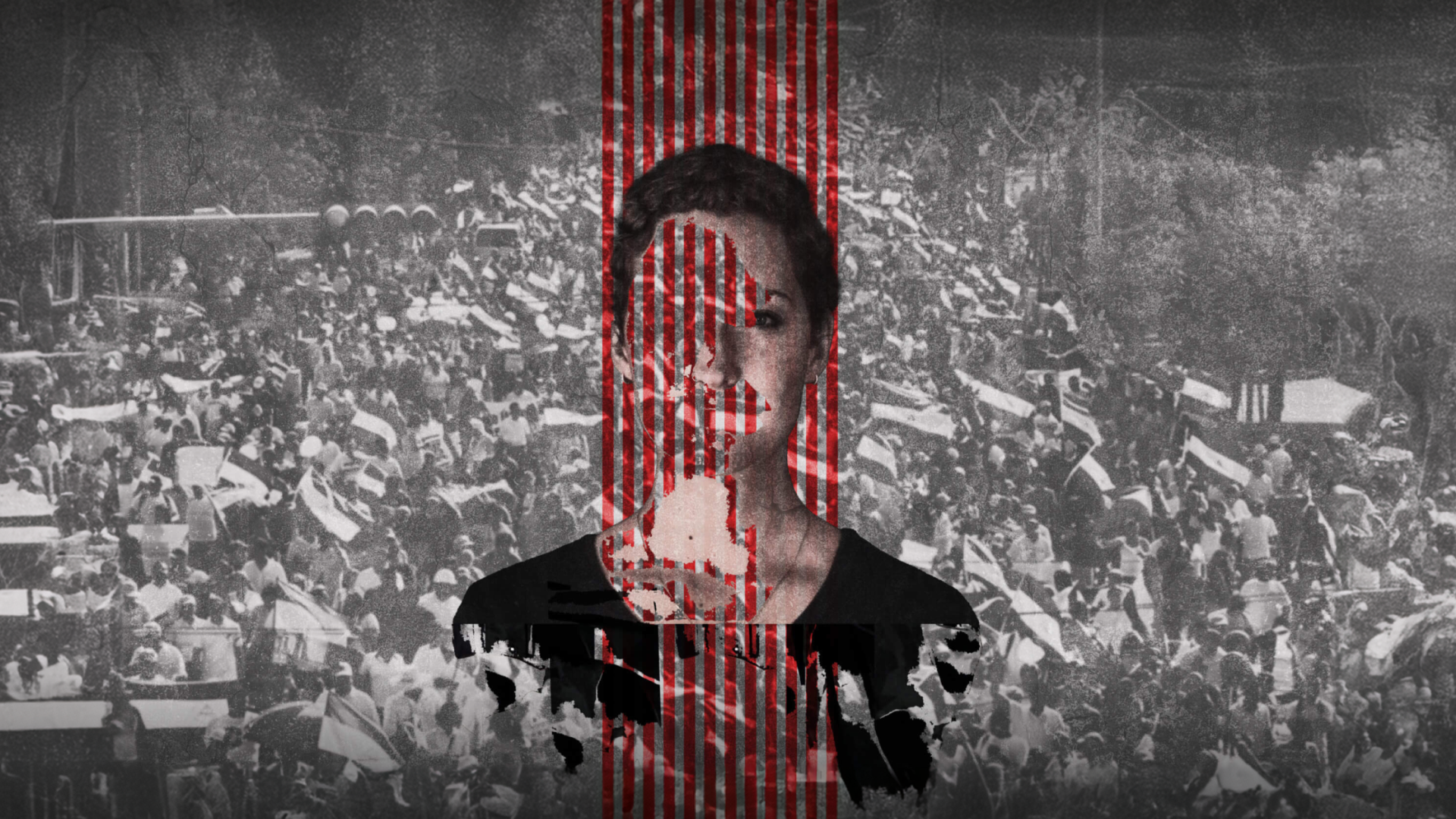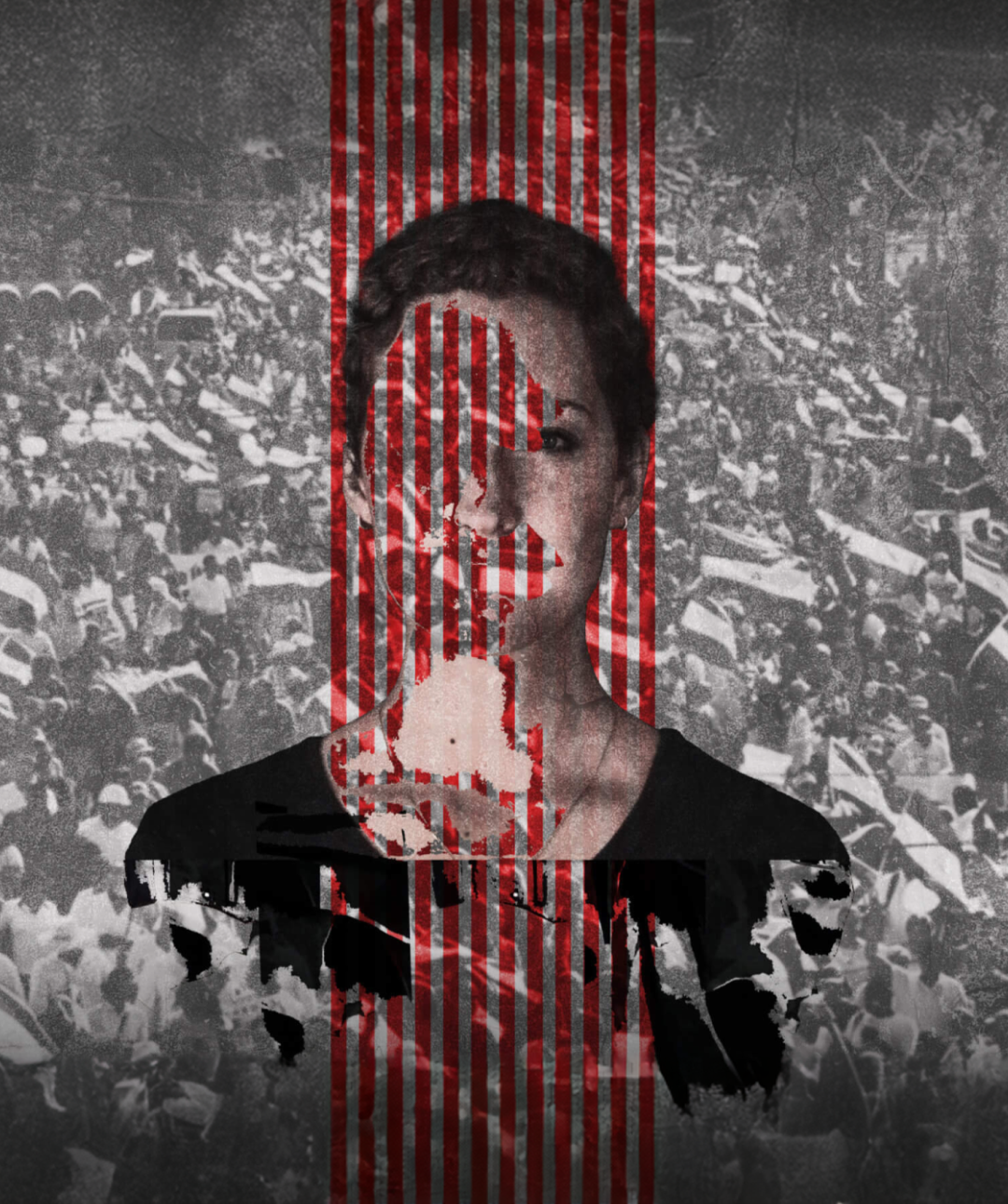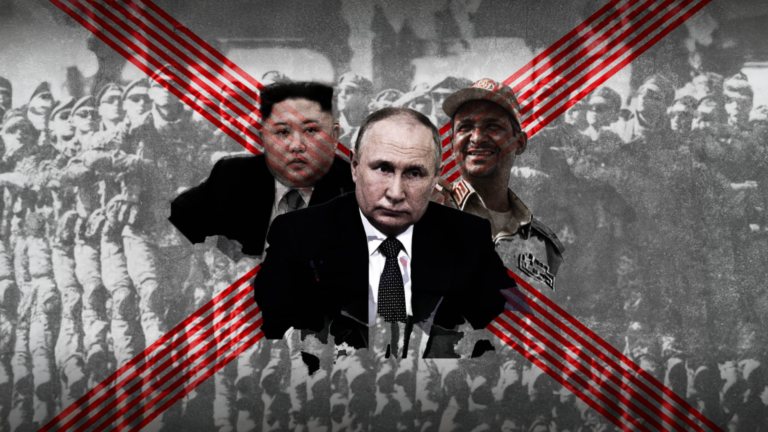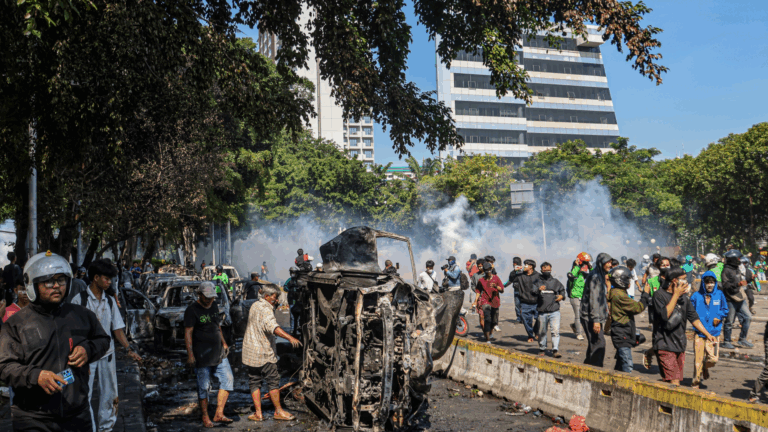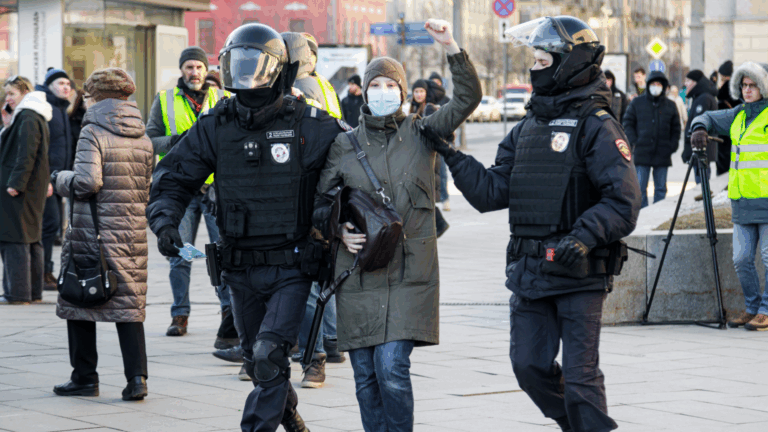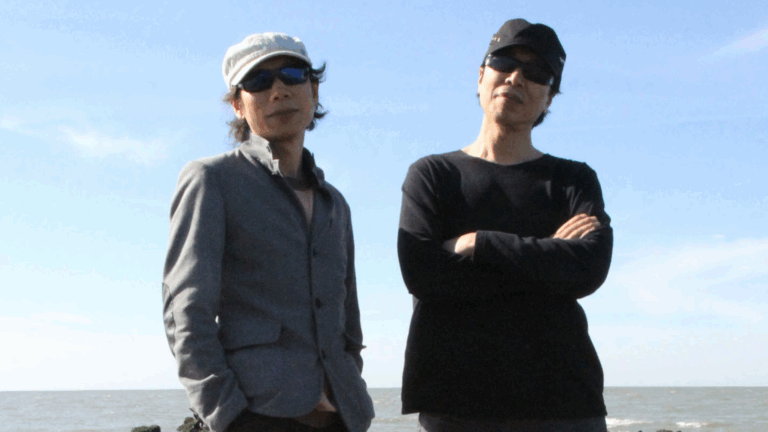In 2023, emboldened tyrants from Central America to Eastern Europe engaged in more drastic and crueler forms of repression in order to stamp out any possible challenges to their rule. The dictatorial regimes of Belarus and Nicaragua, for example, have taken their repression across their own borders, stripping exiled dissidents of their citizenship.
Under Daniel Ortega, Nicaragua has become one of the most repressive regimes in the world. After years of steadily eroding democratic institutions, the regime effectively created a one-party dictatorship in 2021 by arresting all opposition candidates and celebrating an election that was a facade. Since then, it has set its sights on destroying the last vestiges of civil society that could threaten its rule. In the last two years, the dictatorship has shut down hundreds of NGOs, taken over the country’s largest university, and arrested more than a dozen Catholic priests and bishops who stood up to the regime’s human rights abuses.
In February, in what was a surprising break from the onslaught endured by Nicaraguan civil society, more than 200 political prisoners were released from prison or house arrest and put on a plane to Washington, D.C. After enduring terrible conditions in Ortega’s prisons for years, their release and reunion with family (albeit outside of the country) were in no small part due to the tireless work of people like Berta Valle, a journalist and the wife of Felix Maradiaga, the former presidential candidate who was arrested in 2021 shortly after announcing his run. Valle traveled the world, gathering support from democratic governments and raising awareness of not just her husband’s plight but of the tragic state of democracy and repression in her country.
Partly to thwart efforts like those of Valle, the regime enacted a new citizenship law stripping all 222 of these prisoners of their citizenship on the grounds of “treason.” Not content with this, it also applied the same legislation to an additional 94 other dissidents forced into exile in previous years. With this, hundreds of journalists, artists, former parliamentarians, and other civil society leaders have been effectively rendered stateless. Although many Nicaraguans have found refuge in nearby democracies, mainly Costa Rica and the United States, abruptly losing one’s citizenship can have serious consequences not only for an exile’s daily life but also for their global advocacy work. It effectively prevents them from easily leaving and re-entering the countries hosting them. By revoking the citizenship of dissidents abroad, Ortega has joined an infamous group of tyrants practicing transnational repression.
Also part of the club is Belarusian dictator Aleksandr Lukashenko, where in 2023, the practice of stripping citizenship took a drastic turn. Following the 2020 presidential election, in which Lukashenko lost to opposition leader Sviatlana Tsikhanouskaya, the regime began to ruthlessly target critics, resulting in mass arrests throughout the country. The harsh repression led to a mass exodus of Belarusians who continued to criticize and self-organize once abroad. This left the regime with a pressing question: How do we go after those who have Belarusian passports but are out of reach of Belarus’ security apparatus? The forced interception of a commercial airliner in May 2021, which carried Belarusian journalist Roman Protasevich, was the first major attempt by Lukashenko to show that, even when abroad, Belarusian dissidents are not safe.
In 2023, the passage of new laws, amendments, and presidential decrees is a continuation of this trend. Intended to primarily target political opposition, activists, and critics who have fled Belarus, they give the regime the power to strip Belarusians of their citizenship. There are two primary ways in which it’s done.
First, amendments to the Belarusian citizenship law — effective as of July 11, 2023 — authorize Belarusian courts to revoke citizenship for offenses like “participation in an extremist organization” or “grave harm to the interests of Belarus.” This vague phrasing effectively gives the regime the authority to penalize any citizen beyond the country’s borders. The law lists 55 articles of the criminal code that fall under these categories, which are largely invoked to suppress political dissent.
Second, a Sept. 4 presidential decree prohibits Belarusians from renewing their passports while abroad, forcing them to either return to Belarus, where many face arrest, or face the possibility of becoming stateless. The decree poses a significant risk for dissidents, who may face political persecution upon their return. Furthermore, the law implies criminal liability if a person doesn’t provide timely updates to Lukashenko’s government about a new permanent status in another country.
This decree drew international condemnation and pleas for supportive measures from foreign nations. The office of Sviatlana Tsikhanouskaya is now working on issuing alternative passports to Belarusians in exile, which aims to protect the rights of Belarusians caught in such a situation abroad and is actively seeking international recognition. Several countries have already implemented measures to address these challenges, such as Lithuania, which issues “Foreigner Passports” to Belarusians in exile.
In addition, Lukashenko’s regime enacted new amendments and laws that permit the courts to carry out trials in absentia, when a trial can proceed even when defendants are not in the country. Political activists from Belarus, including HRF Freedom Fellow Volya Vysotskaia, now confront the possibility of citizenship revocation as they face trials in absentia under Belarus’s new legal amendments. Volya’s trial was carried out with gross violations of the country’s judicial proceedings.
Trials in absentia and new laws stripping Belarusians of their citizens give the Lukashenko regime formidable tools to go after its opponents, even if they are not physically present in the country. Lukashenko, vested with the power to decree the revocation personally, deems those in exile “unworthy” of Belarusian citizenship.
The ruthlessness with which regimes like those in Managua and Minsk have gone after their critics beyond their borders represents a troubling escalation of repression. It highlights these regimes’ cruelty and utter disregard for international norms. Democratic countries around the world must continue to lend support to the beleaguered pro-democracy movements in Belarus and Nicaragua, both by continuing to pressure and denounce these regimes and by doing everything possible to ensure those whose citizenship has been revoked can continue their advocacy work and live dignified lives in exile.


